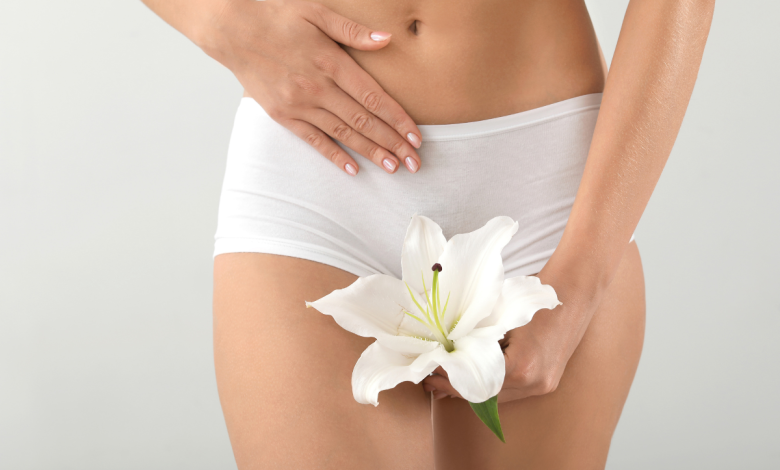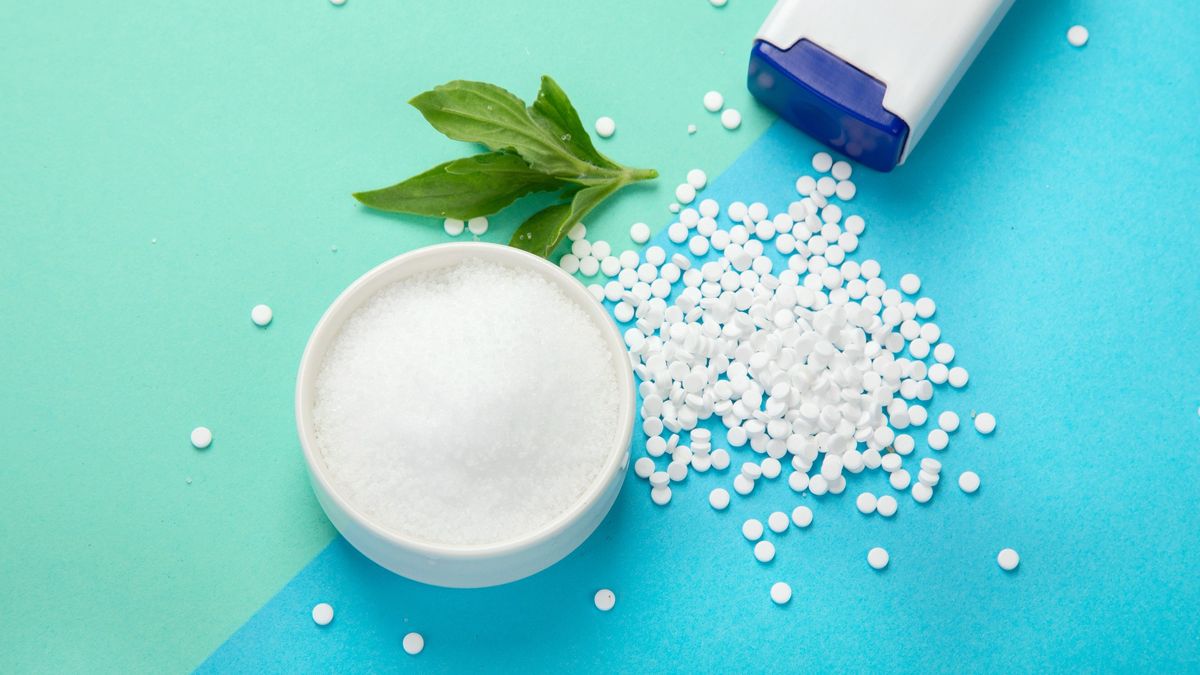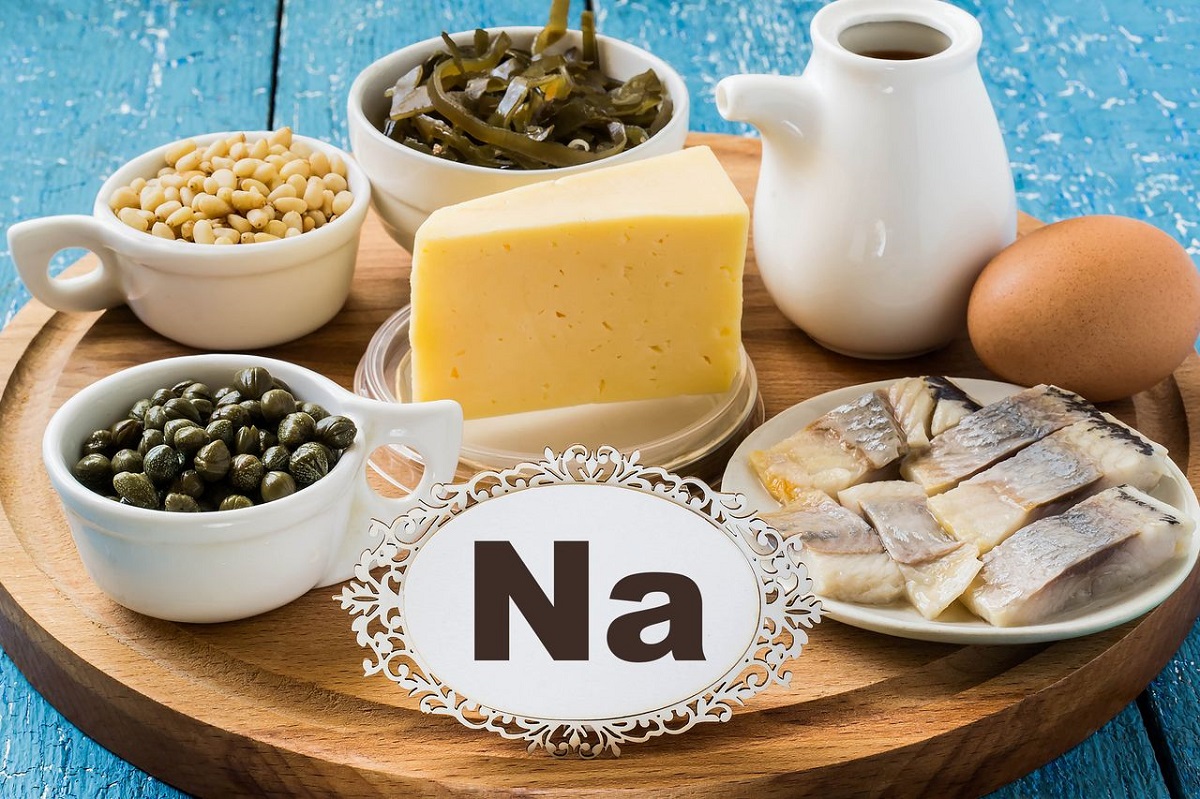Foods To Avoid For Preventing Vaginal Infections: A Comprehensive Guide

Preventing Vaginal Infections: Vaginal infections, including yeast infections, bacterial vaginosis, and trichomoniasis, are common and can be uncomfortable and distressing.
Preventing Vaginal Infections, While proper medical treatment is crucial, dietary choices also play a significant role in maintaining vaginal health and preventing infections. Certain foods can exacerbate or contribute to the development of vaginal infections, so being aware of what to avoid is important for maintaining overall reproductive health.
Foods To Avoid For Preventing Vaginal Infections
1. Sugary Foods And Beverages

Preventing Vaginal Infections, High sugar intake is one of the primary contributors to yeast infections, particularly those caused by Candida albicans. Yeast thrive on sugar, and consuming excessive amounts can encourage their growth. This includes sugary snacks, sodas, energy drinks, and even seemingly healthy items like flavored yogurt and cereals. Instead, opt for natural sweeteners like honey in moderation and focus on foods with low glycemic indexes.
2. Refined Carbohydrates
Refined carbohydrates, such as white bread, pastries, and pasta, can have similar effects as sugary foods. These foods are quickly broken down into sugar in the body, providing a readily available food source for yeast. Whole grains, legumes, and vegetables should be preferred as they have a lower impact on blood sugar levels and provide essential nutrients that support a healthy immune system.
3. Highly Processed Foods
Preventing Vaginal Infections, Processed foods often contain added sugars, unhealthy fats, and preservatives, all of which can disrupt the balance of bacteria in the vagina. These foods may also contribute to systemic inflammation, which can exacerbate infection symptoms. Processed snacks, fast food, and ready-to-eat meals should be limited. Instead, focus on whole, unprocessed foods such as fruits, vegetables, lean proteins, and whole grains.
4. Alcohol

Preventing Vaginal Infections, Alcohol consumption can alter the balance of bacteria in the body and affect the immune system’s ability to fight off infections. It can also disrupt the natural pH balance of the vagina, making it more susceptible to infections. While moderate consumption might not be harmful for everyone, it’s best to limit alcohol intake and choose non-alcoholic beverages when possible.
5. Caffeinated Drinks
Caffeine in coffee, tea, and certain sodas can contribute to dehydration and disrupt the body’s natural pH balance. This dehydration can potentially lead to a less effective immune response and an increased risk of infections. Reducing caffeine intake and ensuring adequate hydration with water and herbal teas can help maintain vaginal health.
6. Spicy Foods
Preventing Vaginal Infections, Spicy foods can irritate the mucous membranes and exacerbate symptoms of vaginal infections. For individuals prone to yeast infections or other vaginal issues, it might be wise to avoid highly spicy dishes and opt for milder flavorings and spices.
7. Artificial Sweeteners

Preventing Vaginal Infections, Artificial sweeteners, such as aspartame and saccharin, can also impact the body’s ability to maintain a healthy balance of bacteria. While they do not directly contribute to yeast infections like regular sugars, their impact on gut health and overall metabolism can indirectly affect vaginal health. Choosing natural sweeteners or reducing overall sweetener intake can be beneficial.
8. Foods With High Fat Content
Diets high in unhealthy fats, such as those found in fried foods, fatty cuts of meat, and some processed snacks, can lead to systemic inflammation. This inflammation can affect vaginal health and increase susceptibility to infections. Focus on incorporating healthy fats from sources like avocados, nuts, seeds, and olive oil.
9. Dairy Products
Preventing Vaginal Infections, For some individuals, dairy products can contribute to yeast infections. This is especially true for those who are lactose intolerant or have sensitivities to dairy proteins. If you notice a pattern between dairy consumption and infections, consider reducing or eliminating dairy from your diet and seeking alternative sources of calcium and other nutrients.
10. Foods High In Sodium

Preventing Vaginal Infections, High sodium intake from sources such as canned soups, processed meats, and salty snacks can lead to dehydration and disrupt the body’s natural pH balance. This imbalance can affect vaginal health and increase the risk of infections. Opt for fresh, whole foods and use herbs and spices for flavoring instead of salt.
11. Certain Foods With Allergens
Preventing Vaginal Infections, Foods that trigger allergies or sensitivities can contribute to inflammation and may indirectly affect vaginal health. Common allergens include nuts, shellfish, and certain grains. If you suspect a food allergy or sensitivity, consider an elimination diet to identify and avoid problematic foods.
Tips For Maintaining Vaginal Health Through Diet
Focus on a Balanced Diet: A diet rich in vegetables, fruits, whole grains, lean proteins, and healthy fats can support overall health and help maintain the balance of good bacteria in the body.
Stay Hydrated: Drinking plenty of water is essential for maintaining the body’s natural balance and flushing out toxins. Adequate hydration supports immune function and helps prevent infections.
Include Probiotic Foods: Probiotics, found in yogurt (without added sugars), kefir, sauerkraut, and other fermented foods, can help maintain a healthy balance of bacteria in the vagina and gut.
Eat Foods Rich in Antioxidants: Foods high in antioxidants, such as berries, nuts, and green leafy vegetables, help reduce inflammation and support the immune system.
Maintain Good Hygiene: While diet plays a crucial role, maintaining proper vaginal hygiene is also important. Avoid douching and using heavily scented products that can disrupt the natural pH balance.
Vaginal Infections, In conclusion, while dietary choices alone cannot guarantee the prevention of vaginal infections, avoiding specific foods and focusing on a balanced, nutrient-rich diet can significantly contribute to better vaginal health. Paying attention to how your body responds to different foods and making informed dietary decisions can help you maintain a healthy balance and reduce the risk of infections.
Also Read:
Home Remedies For Vaginal Itching And Burning
New Research: Tampons Contain Arsenic, Lead And Some Other Metals
HPV Virus: The Way Of Transmission, Symptoms And How To Prevent HPV Infection In Women
Home Remedies For UTIs: The 6 Best Home Remedies For Urinary Tract Infections (UTIs)




